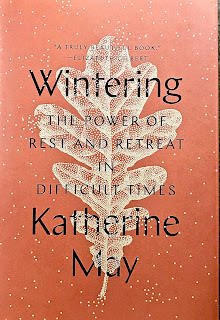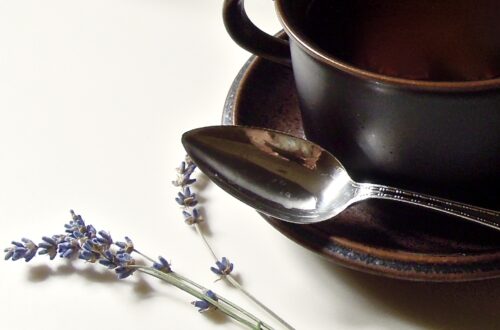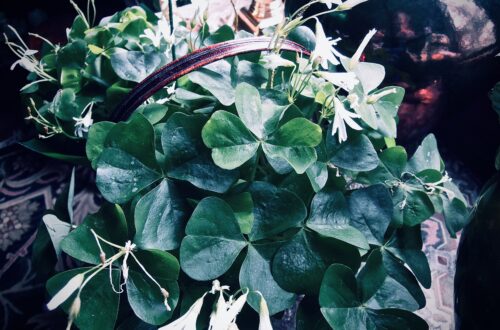The beauty of “Wintering” ~ a book review
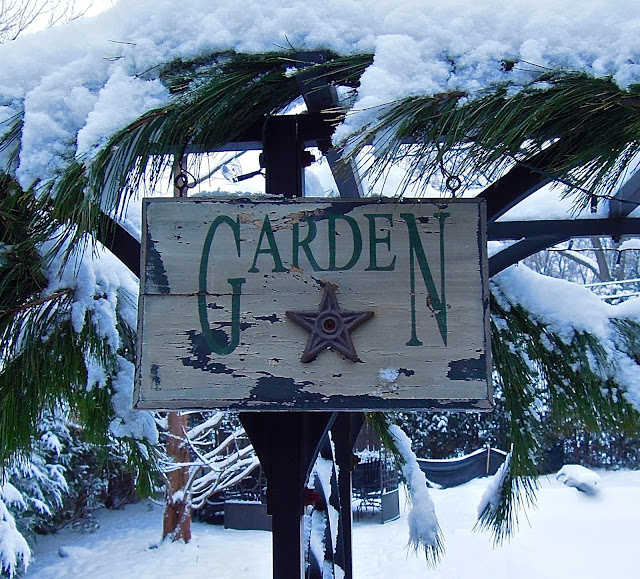 |
| Winter garden / Cindy La Ferle |
“Over and over again, we find that winter offers us liminal spaces to inhabit. Yet we still refuse them. The work of the cold season is to learn to welcome them.” ~Katherine May, Wintering: The Power of Rest and Retreat in Difficult Times
A pandemic is brutal enough in any season, but sheltering in place during the winter seems like an endurance test. I’ve often thought it would be so much easier to pack a few t-shirts, drive south, and spend the next few months in a warm climate. Is there a winter-bound midwesterner who hasn’t toyed with the fantasy of Brian Wilson’s “endless summer” on a sun-drenched beach?
But I’ve gained new respect for winter after finishing Katherine May’s Wintering: The Power of Rest and Retreat in Difficult Times (Riverhead Books; $24) — a beautifully written, deep philosophical dive into the topic. Borrowing stories and lessons from natural science, mythology, and classic literature, May writes with candor about experiencing the physical challenges of the winter months while struggling with her own family crises and medical issues.
Having battled her own dark winters, the author challenges our cultural expectation that everything should look perfect; that we should be happy all the time. Most of us are conditioned to present the positive side and to underplay the negative, she suggests, whether we’re posting on social media or sharing in public.
“We like to imagine that it’s possible for life to be one eternal summer and that we have uniquely failed to achieve that for ourselves,” May writes.
May, who lives in England, reminds us that winter is an important part of the growth cycle — for plants, animals, and humans. All of us experience seasons when we feel as though we’re stumbling through sunless days, or even hibernating. We lose jobs and loved ones; we lose our footing in the early days of parenting. Friends betray or disappoint us. Or we lose our youth and energy, and question what’s next. That’s “wintering” too, May suggests.
 |
| Cindy La Ferle |
“If happiness is a skill, then sadness is, too,” she writes. “Perhaps through all those years at school, or perhaps through other terrors, we are taught to ignore sadness, to stuff it down into our satchels and pretend it isn’t there. As adults, we often have to learn to hear the clarity of its call. That is wintering. It is the active acceptance of sadness.”
With a passion for natural science, the author also takes her readers to other regions where the northern lights are palpable and winters are even more frigid than most midwesterners could imagine. She swims in icy waters and explores the Scandinavian ritual of using the sauna. She demonstrates how winter teaches vital lessons in survival.
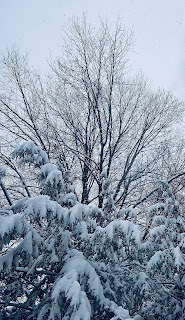 |
| Cindy La Ferle |
As May explains it, “fallow time” gives us permission to rest or pull back from our activities or obligations. Just as buds do their inner work on the winter-dormant branches of trees, our brains work silently to repair or rejuvenate before we begin a new phase of growth. During fallow time, we might putter aimlessly around the house. We might reorganize our bookshelves, for instance, as May suggests, and perhaps revisit favorite classics we’ve collected over the years.
“I used to think that these were wasted days, but I now realize that’s the point,” May writes. “I am doing nothing very much, not even actively being on holiday. I clear out my cupboards, ready for another year’s onslaught of cooking and eating. I go for cold walks that make my ears ache. I am not being lazy. I’m not slacking. I’m just letting my attention shift for a while, away from the direct ambitions of the rest of my year. It’s like revving my engines.”
May also reminds us that wintering isn’t for the faint-hearted. It requires stamina and patience. Just as our neighbors head to Florida to escape winter weather, most people would totally avoid emotional suffering if they could.
“Wintering is the courage to stare down the worst parts of our experience and to commit to healing them the best we can,” May writes. “Wintering is a moment of intuition, our true needs felt keenly as a knife.”
Though the book was written before England and the United States were in lockdown, today it strikes exactly the right chord for those who are stuck indoors during a pandemic. It speaks to the dark, worried places in our souls, and reminds us that spring will come when we’re ready for it. ~Cindy La Ferle
Miss any posts this week? For more content and social media sharing options, please visit the home page.
